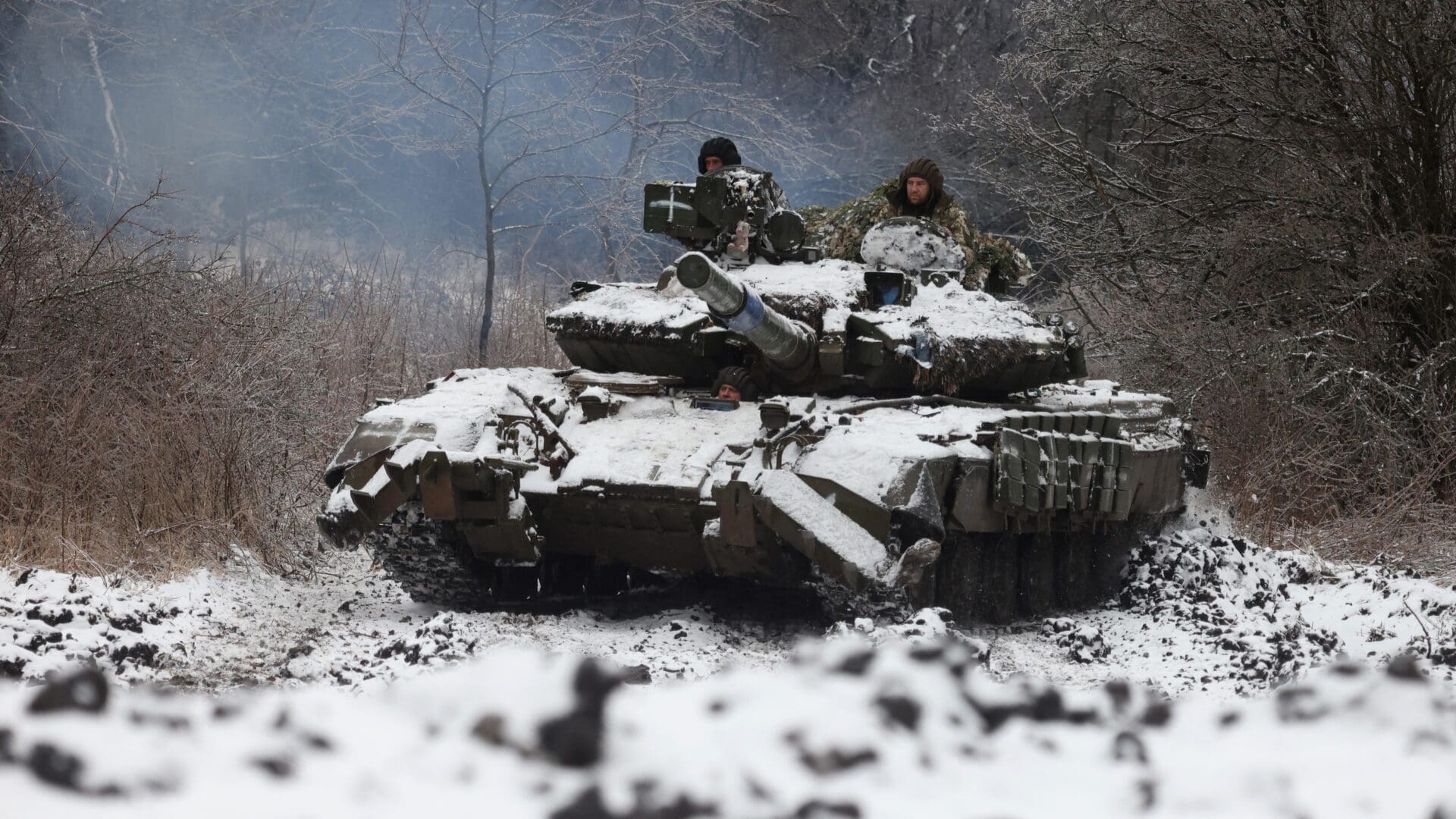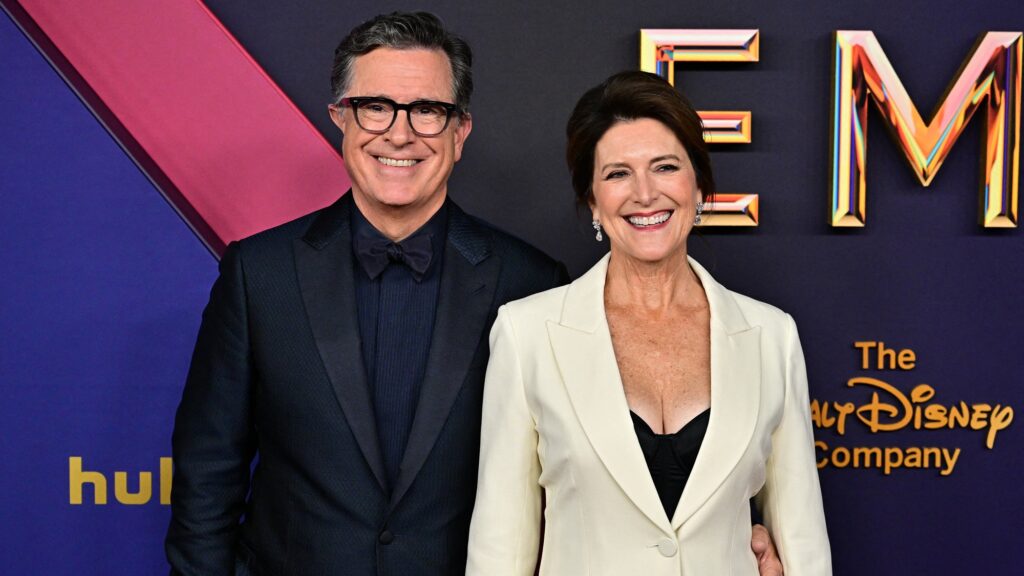The time has come for diplomacy to pave the way for peace between Russia and Ukraine, Italy’s defence minister said on Wednesday. Speaking before the Italian legislature, Guido Crosetto stated that the Ukrainian counter-offensive has not lived up to expectations, and as a consequence, reality must be faced, and developments on the battlefield must be monitored accordingly.
He added that Russia continues to send signals that it is ready to negotiate, while Ukraine seems much less willing to compromise than before.
’All of this must be taken into consideration on the path towards negotiations to stop the conflict and the subsequent process of normalization of relations, not only between Russia and Ukraine, but also with Western countries.’
Moscow has previously stated that it is ready for peace talks, but Ukraine must accept the ‘new reality,’ highlighting that Russia currently occupies about 17.5% of the territory of the Eastern European state. In a New Year’s interview with The Economist, Ukrainian President Volodymyr Zelenskyy rejected any Russian initiative for peace talks. He mentioned that Russia would only agree to cease fighting to replenish its army, after which it would launch a new offensive against Ukraine.
The two positions are therefore diametrically opposed, and in recent months, there has been no convergence between the belligerent parties on the peace negotiations.
Nevertheless, all signs indicate that Kyiv will have to come to the negotiating table soon.
Politico recently published an article, citing unnamed US sources, stating that the Biden administration has changed its strategy on Ukraine and is no longer aiming for a Ukrainian victory. According to the article, Washington’s plan is to give Ukraine the strongest possible negotiating position, thanks to its successes in the field.
However, little of those much-touted successes on the battlefield are visible.
In recent weeks, Russia has launched missile and air strikes on Ukraine with unprecedented intensity, resulting in heavy military, civilian, and infrastructure losses. However, on the fronts, a stalemate has developed, which may favor Russia in terms of reserves and human resources.
At the same time as Washington's apparent disengagement, the leadership of Western Europe and the European Union seem to have caught a bit of a taste for blood, assuring Kyiv of their continued support until the final victory.
This week, German Chancellor Olaf Scholz harshly criticized EU member states for not supplying enough weapons to Ukraine. Scholz called on his allies to step up their efforts.
British Foreign Secretary David Cameron has made a similar statement. He underscored that there is a political consensus in the UK on long-term support for Ukraine, which, unlike overseas, is not dependent on party colours.
Belgian Prime Minister Alexander de Croo assured Kyiv in a note that the EU will continue to step up its efforts to support the war-torn country. 'We stand with you, now and in the future,' he wrote.
The EU will further scale up its support to #Ukraine ⁰⁰Talked with President @ZelenskyyUa ahead of #EUCO on the way forward.
— Alexander De Croo 🇧🇪🇪🇺 (@alexanderdecroo) January 9, 2024
We will continue bringing our economies and people closer while Ukraine progresses on its accession path.
We stand with you, now and in the future.
So, at the moment, the Western alliance behind Ukraine seems to have split in two.
On one side are those who are beginning to view developments through a realistic lens and understand that this war cannot be won by either side, making peace negotiations absolutely necessary.
Hungary has consistently taken a pro-peace stance since the outbreak of the war, and it seems that some Western states are beginning to support Budapest in its efforts.
On the other side, there are those states which, for some reason, still seem unable to recognize reality and would mindlessly pour more weapons and billions of euros into Ukraine, thereby risking more lives, and destruction, while pushing us all further away from peace.
Related articles:








